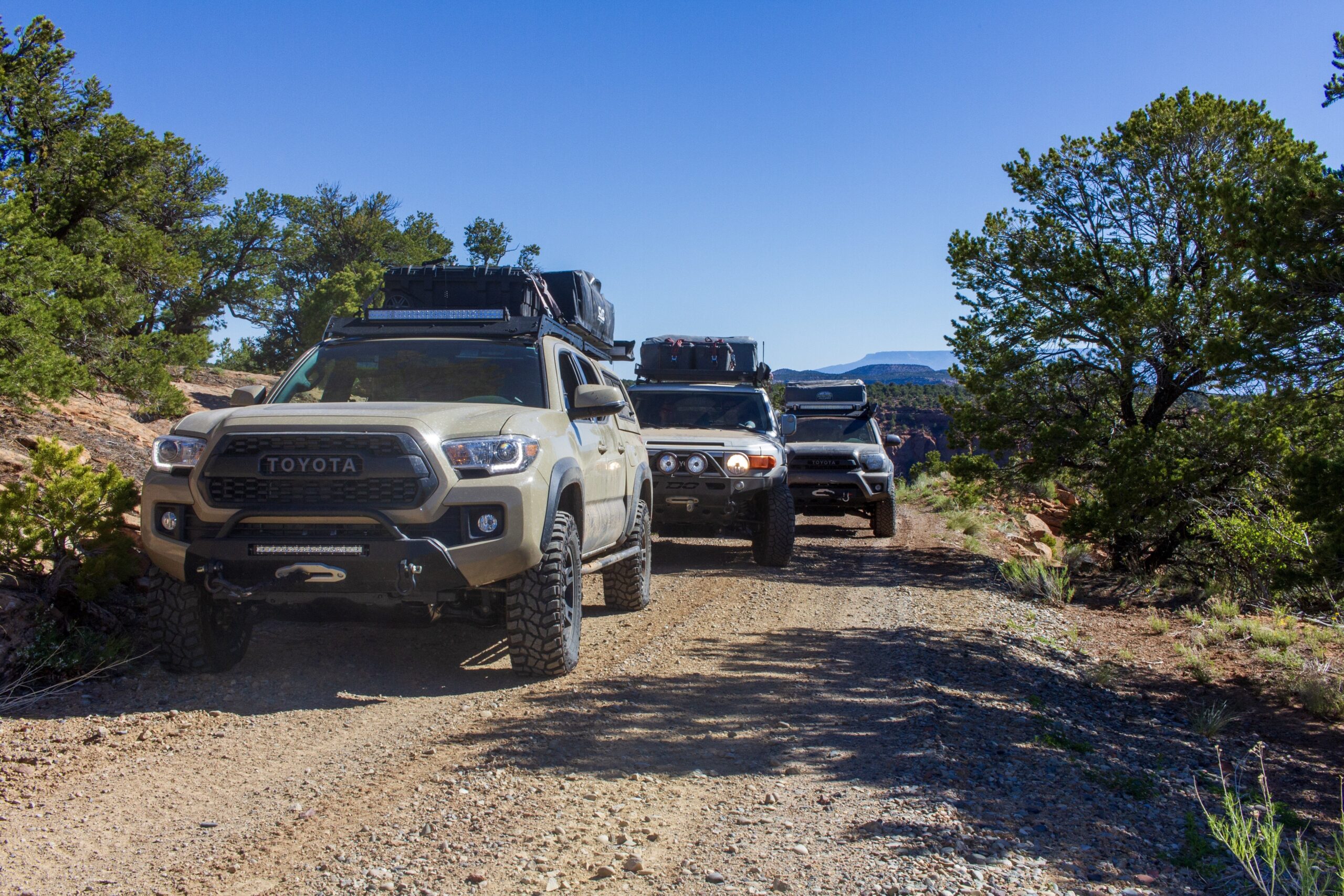While backpacking, doing back country discovery, and Overlanding for over 15 years I have developed a mindset around safety and security. Many of these ideas come from shared experience in travel and a former career as a Law Enforcement Officer of 12 years with 10 years being in SWAT as a sniper, multiple discipline instructor, and operator. Currently I am a Safety Director for a company and continue to look for ways to keep people safe while completing tasks. Understanding where I come from I hope provides context for my thoughts on safety and security.
Recently a family was attacked by a wolf in Banff National Forest in Canada.

Traveling internationally the husband did the best he could in my opinion and prevailed. The family was in Banff National Park in Alberta, Canada, when the incident occurred on August 9, around 1 a.m. local time, according to a report by Parks Canada. Family of four attacked by wolf
Here are some of my thoughts on security and safety while traveling.
Security is a state of mind
Vigilance and pre-planning is the first step.
Be aware of your surroundings. (What’s around me, who’s around me, what animals are known to be in the area)
If confronted by animal or human always have an escape plan.
Be prepared to fight if flee is not an option. (By fleeing do I put others at risk? Can I escape?)
Fighting (humans or animals) is a dangerous gamble. Especially in the back country. (Injuries can be severe)
If forced into confrontation fight to finish as soon as it is necessary. (Human or Animal the faster the threat is mitigated less likely you incur further injury)
Never go half way. If it is a wild animal or a human, both can cause serious injuries and/or death.
Firearms
To carry a firearm is a serious question and should be heavily considered.
There are many who say they will carry a firearm but are ill equipped to use one.
Whether it be the individual’s training and experience and/or their mindset to use a firearm in self defense.
If you choose to have a firearm with you consider the following:
FOLLOW LOCAL, STATE, AND FEDERAL LAWS
IF YOU CAN legally carry a firearm, carry it on you. (Each state has independent laws around reciprocity and carrying)(Anywhere than on your person is too far away in the moment you will need it)
Carry what you are comfortable using and carrying.
Knives
FOLLOW LOCAL, STATE, AND FEDERAL LAWS
If you legally can carry a blade you should.
For field and bush work a fixed blade is more versatile.
If you don’t have a fixed blade carry a folder.
Lights
Handheld lights can be a dime a dozen.
Get a good tail switch light.
The switch should be momentary only. (Multi-function are not good for self defense)
Lights can be good for blinding animals/people in low light environments
They are also important if you are being forced to defend yourself at night.
If you can have two. Two is one in the light world.
Training
Be trained in wilderness training, self defense, and first aid.
Find training to learn backcountry skills: Navigation, gear necessities, survival training, etc..
Push yourself to learn basic self defense skills.
Personal experience has shown, if you have to fight human or animal you WILL have injuries.
Get basic CPR and First Aid training and/or Advanced Wilderness First Aid
Have the means to keep the red in and infections out.
Keep a good first aid kit with you.
Carry a tourniquet and understand when to use it.
This training is great for day to day injuries or assisting with allergic reactions or medical emergencies while in the back country.
Security
Security of gear and equipment depends on where I am.
If in the backcountry with my vehicle I don’t lock anything for good reason. It delays me from getting in the truck or getting something else out.
If I must walk away from the vehicle for some distance it is locked. If I am in town passing through and leave my truck I lock it.
I keep a spare key hidden on the truck in case I lose my main key.
Communication
Have means to communicate for help.
Whether it be Amateur Radio, Sat Phone, Garmin InReach, and/or Cellular Device have the means to get additional resources if necessary.
Understand your equipment and its limitations.
Each communication device has it downfall. Know it and have another way to compliment it’s limitations.
Closing Thoughts
Knowledge is the best thing you can take with you anywhere.
Best part, it’s also the easiest thing to pack in the vehicle before you go if you take time to educate yourself.
Plan, Prep, Explore




